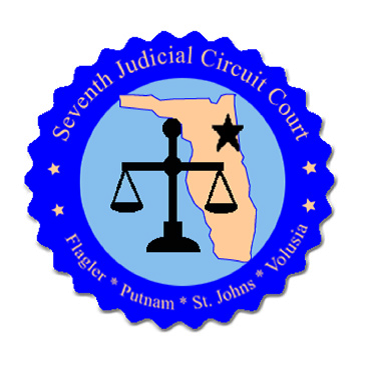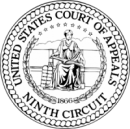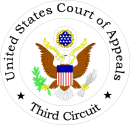The U.S. District Court for the Middle District of Florida recently denied a motion to dismiss an amended complaint alleging that a time-share association violated the Florida Consumer Collection Practices Act (FCCPA) and the federal Telephone Consumer Protection Act (TCPA), holding that: A debtor need not use any precise language or magic word to notify a debt collector that the debtor is represented by legal counsel with respect to a debt; A voicemail message merely asking the debtor to return the call to discuss the debt was a debt collection communication; and Declaratory relief may be available under the TCPA.…
Posts tagged as “FDCPA”
The U.S. Court of Appeals for the Eleventh Circuit recently confirmed that an entity is not a “debt collector” under the federal Fair Debt Collection Practices Act, where it does not regularly collect on debts owed to a third party, and debt collection is not the principal purpose of the entity’s business, even when the debt was in default at the time the entity acquired it. A copy of the opinion is available at: Link to Opinion. A lender sued a borrower to collect credit card debt. The parties entered into a settlement agreement, but the borrower failed to pay…
The U.S. Court of Appeals for the Eleventh Circuit recently affirmed the dismissal of a borrower’s allegations under the federal Fair Debt Collection Practices Act and the Florida Consumer Collection Practices Act as to one letter, the purpose of which was to request additional information, but reversed as to two other letters, holding that they were sent in connection with the collection of a debt. A copy of the opinion is available at: Link to Opinion. The plaintiff’s mortgage loan went into default and the law firm representing the lender sent the borrower three letters. Two weeks later, the borrower…
The U.S. Court of Appeals for the Eighth Circuit recently affirmed the dismissal of a debtor’s federal Fair Debt Collection Practices Act (FDCPA), federal Fair Credit Reporting Act (FCRA), and state law claims where a debt collector for a major bank pulled the debtor’s credit report and served a garnishment summons after the debtor allegedly had sent a cease-and-desist letter to the debt collector. In so ruling, the Court confirmed that: (1) a debt collector may pull a debtor’s credit report for collection purposes, and that the debt collector did not need to notify the debtor before reviewing such information;…
The Seventh Judicial Circuit Court of Florida recently denied a motion to dismiss a borrower’s counterclaims alleging violations of the Florida Consumer Collections Practices Act (FCCPA) against the owner of a mortgage loan, based on alleged communications by the servicer and foreclosure counsel with a debtor supposedly known to be represented by counsel and attempting to collect an allegedly invalid debt. In so ruling, the Court also held: Merely foreclosing on a mortgage, without more, did not constitute “debt collection” under the FDCPA; False statements regarding a debt made to a court instead of directly to the debtor are not…
The U.S. Court of Appeals for the Ninth Circuit recently held that a debt collector’s demand seeking 10 percent interest that was not expressly authorized by the debt agreement did not violate the federal Fair Debt Collection Practices Act or California’s equivalent Rosenthal Act, because the pre-judgment interest was permitted by state law. A copy of the opinion is available at: Link to Opinion. The plaintiff incurred a debt for dental services in 2011. The provider referred the debt to a collection agency, which sent a demand letter in May 2012 seeking the principal balance owed, plus interest at 10…
A claim that a debt collector violated §1692g(a) of the Fair Debt Collection Practices Act (“FDCPA”) must be filed within one-year of the first communication, the Third Circuit recently held in Peterson v. Portfolio Recovery Associates, LLC, Case Nos: 10-2824 & 10-4013, 2011 U.S. App. LEXIS 11453 (3d Cir. June 6, 2011). In this decision, the first by a circuit court on the issue, the court specifically rejects the notion that subsequent communications by a debt collector can constitute separate and discreet violations of §1692g(a). Section §1692g(a) provides that a debt collector must provide a consumer with certain written disclosures…







